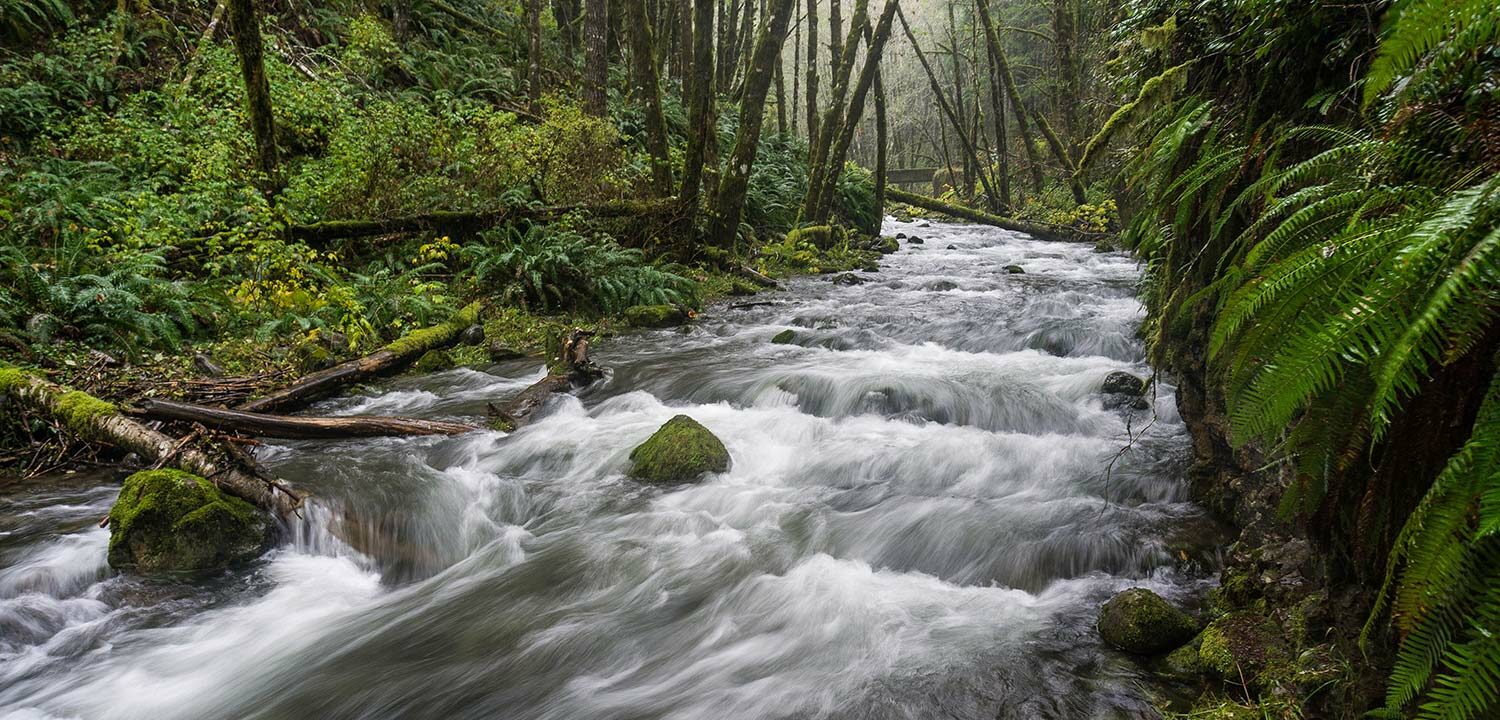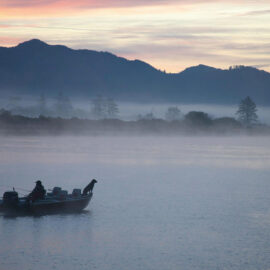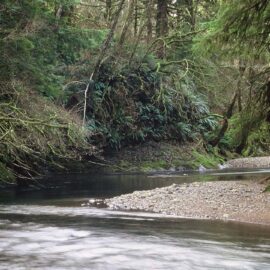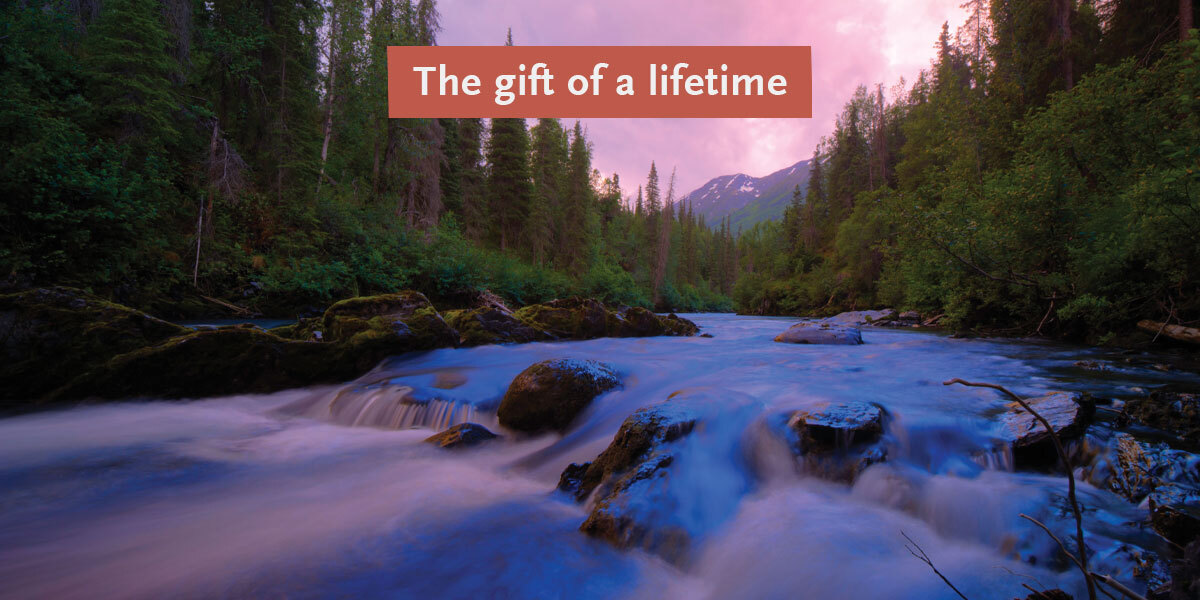Hearings demonstrate overwhelming support for conservation areas.
There was high turnout in March for the Oregon Department of Forestry’s (ODF) public hearings in Cannon Beach and Hillsboro on the proposed “High Value Conservation Areas”—a new legal category in state law that identifies areas of high ecological value to be managed for the conservation of plants, fish and wildlife. These areas would represent about a quarter of state forests and include protections for stream buffers, steep slopes, fragile soils, special plant communities, and habitat for rare and endangered species.
Over 150 people, including, hikers, conservationists, anglers, hunters, teachers, mayors and county commissioners packed the standing room only hearings with the overwhelming majority testifying in support of conservation areas on state forests.
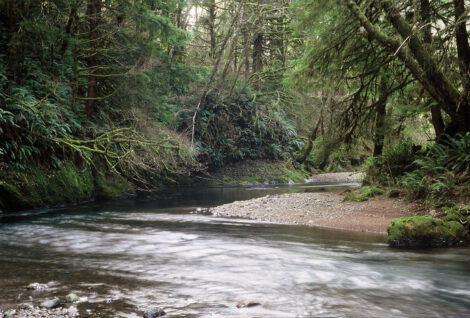
WSC helps lead a broad conservation coalition to defend Oregon’s North Coast—North Coast State Forest Coalition. Members of the Coalition include the Northwest Steelheaders, Oregon Council of Trout Unlimited, Northwest Guides and Anglers Association, and the Oregon Chapter of the Sierra Club. Following Governor Kitzhaber’s call in late 2011 for conservation areas on state forests, the Coalition has been in high gear organizing community support for a balanced approach to forest management—especially for the Tillamook and Clatsop State Forests where no significant tracts of land have been set aside for permanent protection (off limits to logging and road-building).
The Tillamook and Clatsop State Forests combined represent 518,000 acres of temperate rainforests and is home to some of the most productive salmon-bearing coastal rivers in the Pacific Northwest: the Wilson, Trask, Kilchis, Miami, Salmonberry and Nehalem. These rivers are home to extraordinary runs of wild fall Chinook and winter steelhead, as well as spring Chinook, coho, and Oregon’s strongest remaining populations of chum salmon.
In the following months the Washington County Board and the Cannon Beach City Council voted unanimously to endorse conservation areas on state forest lands. They encouraged the state’s policy makers to pursue sound forest policy that acknowledges the values and benefits of all forest resources that have cultural and economic significance for its residents, including clean water, adequate fish and wildlife habitat, sustainable timber harvest, and recreation. The Tualatin City Council expressed similar support for our state forests.
Next Steps: The Board of Forestry will consider the result of the hearings and make a decision on the new rules in June. To submit comments or sign a petition in favor of conservation areas, go to forestlegacy.org.
